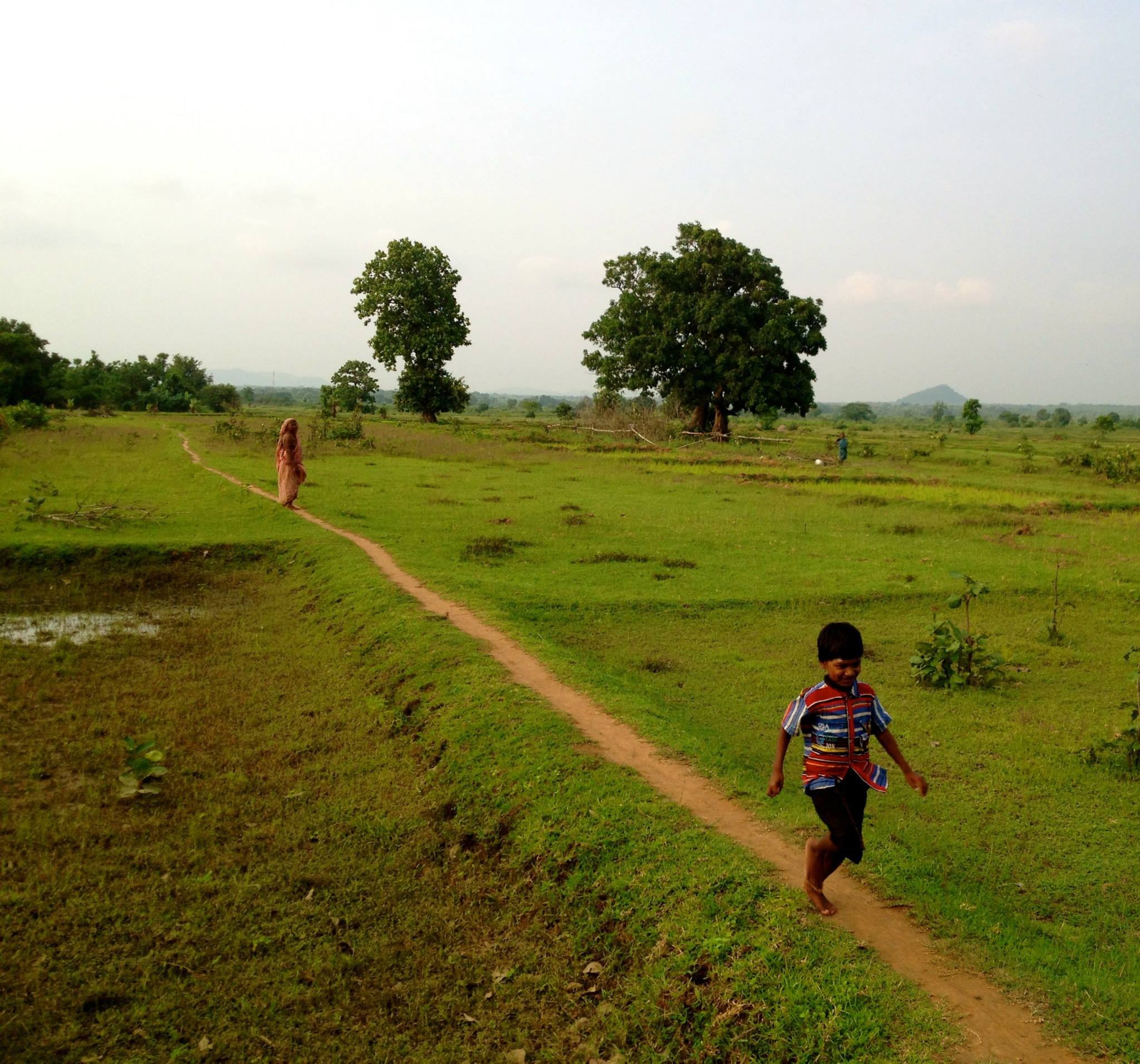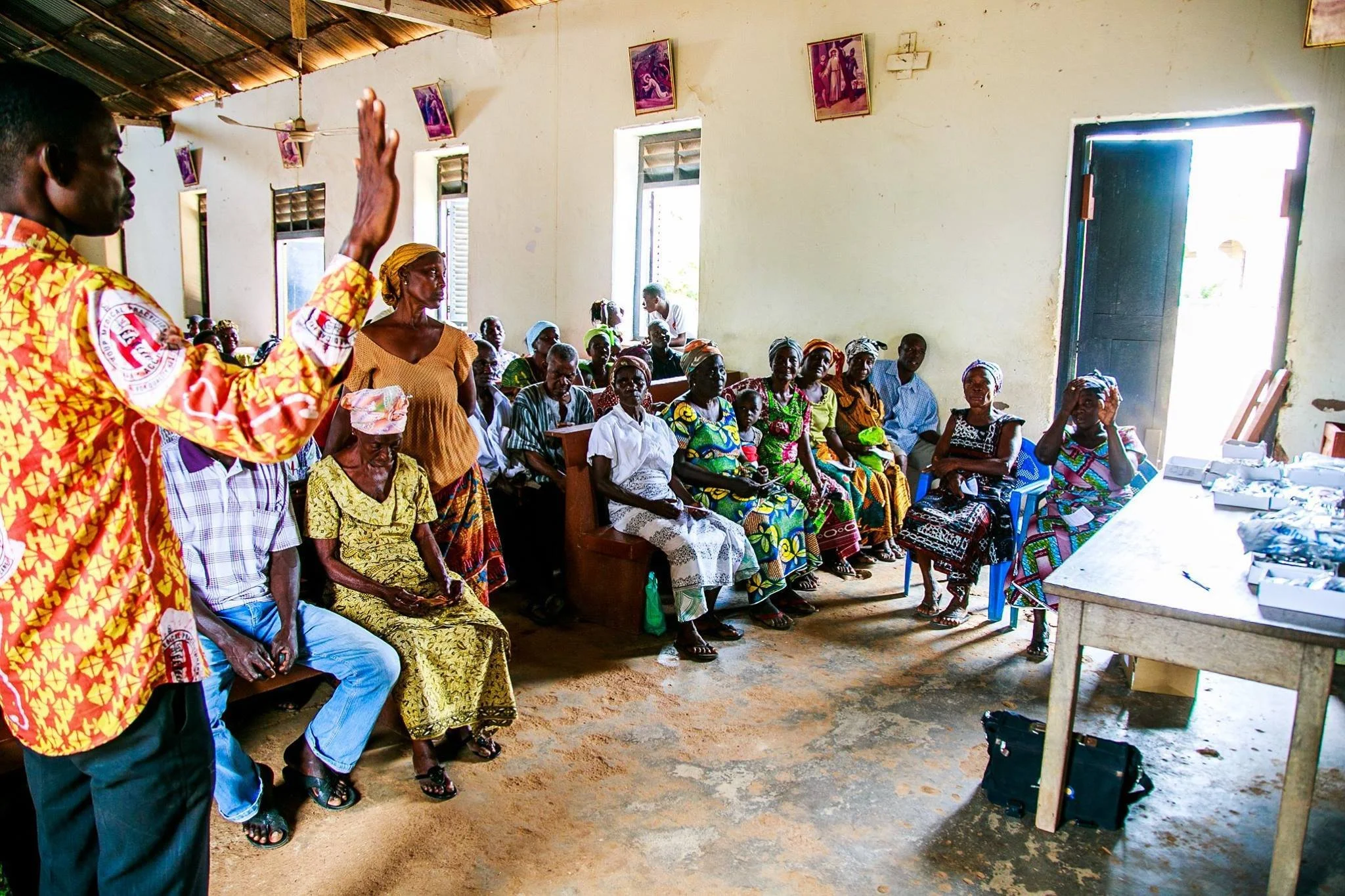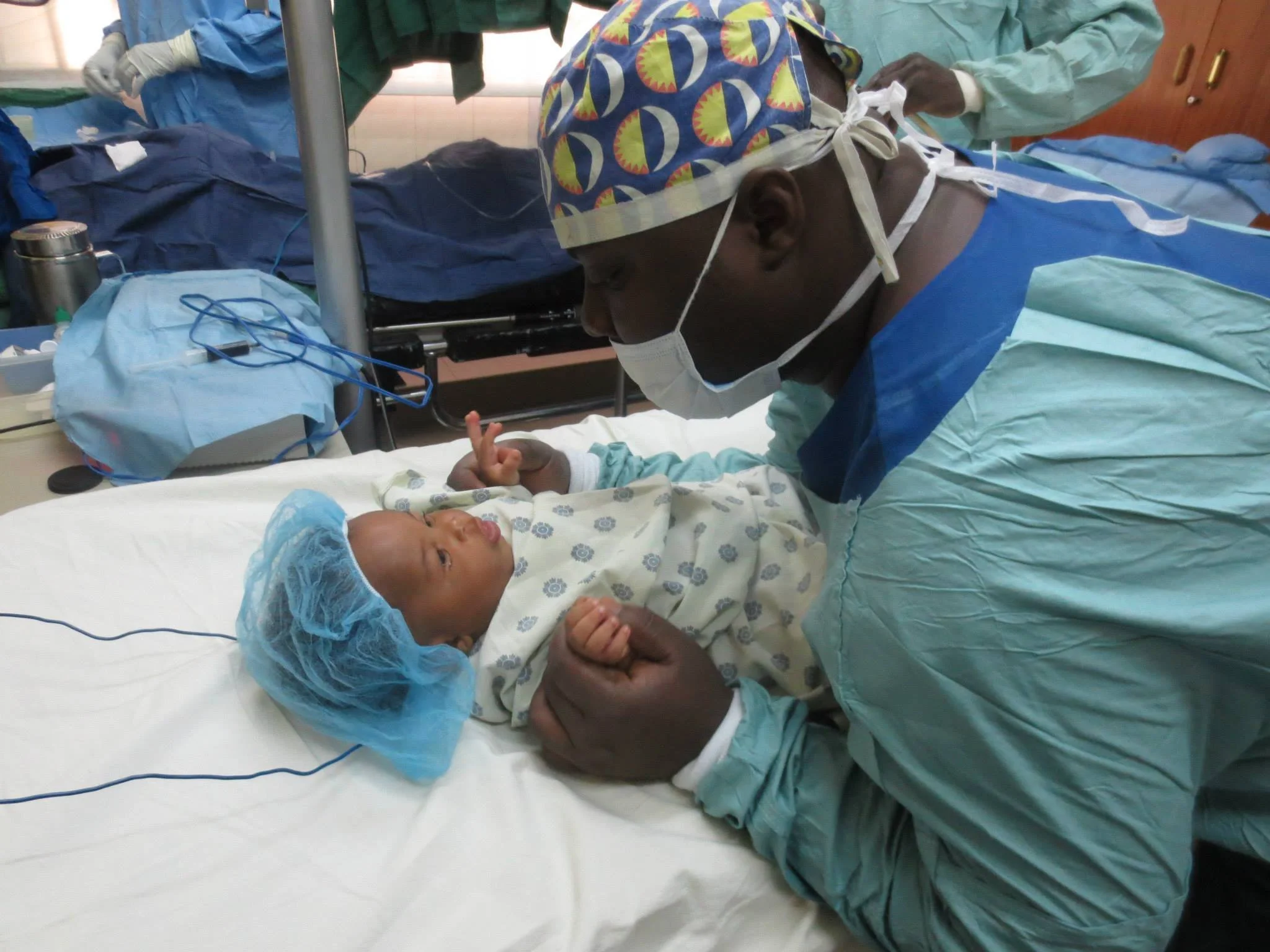
Our Social Entrepreneurship Model
“Unite For Sight has ballooned, and [in 2007] it provided eye care to 200,000 people...Today the most remarkable young people are the social entrepreneurs, those who see a problem in society and roll up their sleeves to address it in new ways. Bill Drayton, the chief executive of an organization called Ashoka that supports social entrepreneurs, likes to say that such people neither hand out fish nor teach people to fish; their aim is to revolutionize the fishing industry. If that sounds insanely ambitious, it is.”
Social Entrepreneurship
Social entrepreneurs combine best practices in entrepreneurship with a sense of social mission. Creative and innovative, social entrepreneurs are dedicated to improving lives and communities through sustainable social ventures. They step in where the market system has failed to provide for the poor, investing in the development and provision of basic amenities such as healthcare. They develop high-impact social interventions to lift communities out of poverty and, in Unite For Sight's case, to eliminate preventable blindness worldwide. Our partner eye clinics are led by seasoned social entrepreneurs who organize outreach teams that actively seek out patients in remote villages who would otherwise not have access to eye care. They collaborate with community leaders, governmental bodies, and hospitals to bring high-quality eye care to those living in extreme poverty.
Sustainability
Our partner eye clinics are economically functional, private businesses that also provide treatment to regular fee-paying customers. A portion of the revenue generated by the eye clinics from their private patients is used to run outreaches in poor communities, to pay for expenses such as vehicles, supplies for screening patients, fuel for outreach vehicles, and other miscellaneous items. As such, our partner eye clinics do not survive on charity, but thrive on their own sustainable business model.
Investing in Human Talent
We invest both in the talent of local eye clinic staff and in the patients receiving care. Restoring a patient’s eyesight reinstates his or her dignity and self-esteem. Following sight-restoring surgery, patients can often return to work, and the patients’ caretakers can return to school and work.
“We often see very young people who are blind, many times younger than the age of 40. They become blind during their productive years; they could have been working and helping to contribute towards building wealth in the country. Instead, the blindness results in a financial loss to the nation because these people are not able to contribute to building the nation. We have therefore been trying to advocate to policy makers so that they understand that even though eye diseases do not kill, they do result in financial losses to the nation. We must see this as an emergency issue.” – Ghanaian Ophthalmologist Dr. Seth Wanye


